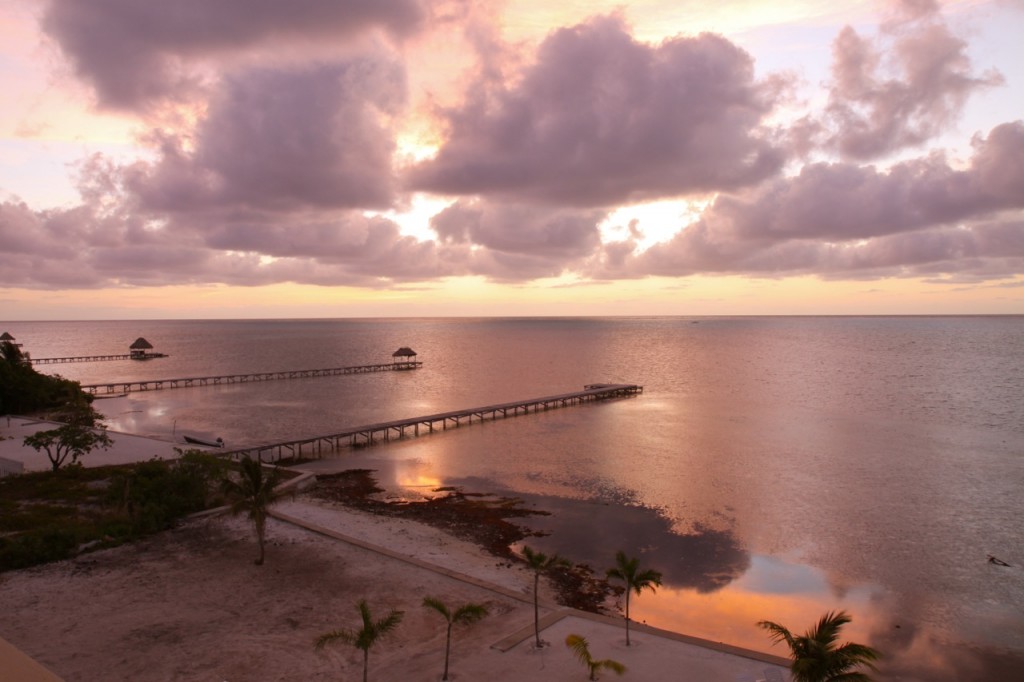Photo courtesy of Wikimedia Commons, Author, dfaulder
As a climate change adaptation consultant living and working in a small island developing State like Jamaica, I would like to reflect about some particular challenges that SIDS are facing today when it comes to sustainable development.
The truth is that small islands by no means are facing small problems. In order for SIDS to follow the pathway to sustainable development as it was agreed last year during the United Nations Third International Conference in Apia, Samoa, they would need to start by transforming and diversifying their energy sector. The economic impact of oil imports is taking a huge toll on everybody’s pocket. Jamaica is no exception to this reality; the country’s expenditure on oil imports represents close to 30% of its GDP and therefore posing a huge burden in terms of its dependency from foreign energy, something that has deep implications both in terms of dependency and energy security.
However, by transforming the energy sector we are not only talking about just increasing renewable energy generation, which of course is a very reasonable option but, let’s be honest, it is not going to happen tomorrow. It is also about changing consumption habits, improve efficiency, take a cross-sectoral approach and start thinking “efficiently”.
That is why I am so thrilled by the concept of “Smart Islands”; the idea is to utilize pilot islands such as Caye Caulker in Belize, Harbour Island in the Bahamas and Tobago in Trinidad & Tobago, as platforms to test and demonstrate ways of transitioning to a low carbon and climate resilient development pathway. In order to do this, islands would need to implement interventions that include climate resilient measures in sectors such as energy, water, waste treatment, tourism, fisheries, transport, and infrastructure, among others. The IDB in partnership with the Carbon War Room (CWR) is currently developing a “Caribbean Climate Smart Program” to examine priority sectors in which low carbon and climate resilient measures can be implemented and once tested, the idea is to scale up this comprehensive approach on a regional level to different islands of the Caribbean.
We need to “smarten” our islands and minimize the impending effects of climate change by taking aggressive yet sustainable measures in all sectors and at all levels. It is now the time to think outside the box, and as world recognized genius Albert Einstein once said, “We can’t solve problems by using the same kind of thinking we used when we created them.”
To learn more about the Carbon War Room visit: www.carbonwarroom.com
Follow us on Twitter: @IDB_CarDevTrend


Leave a Reply